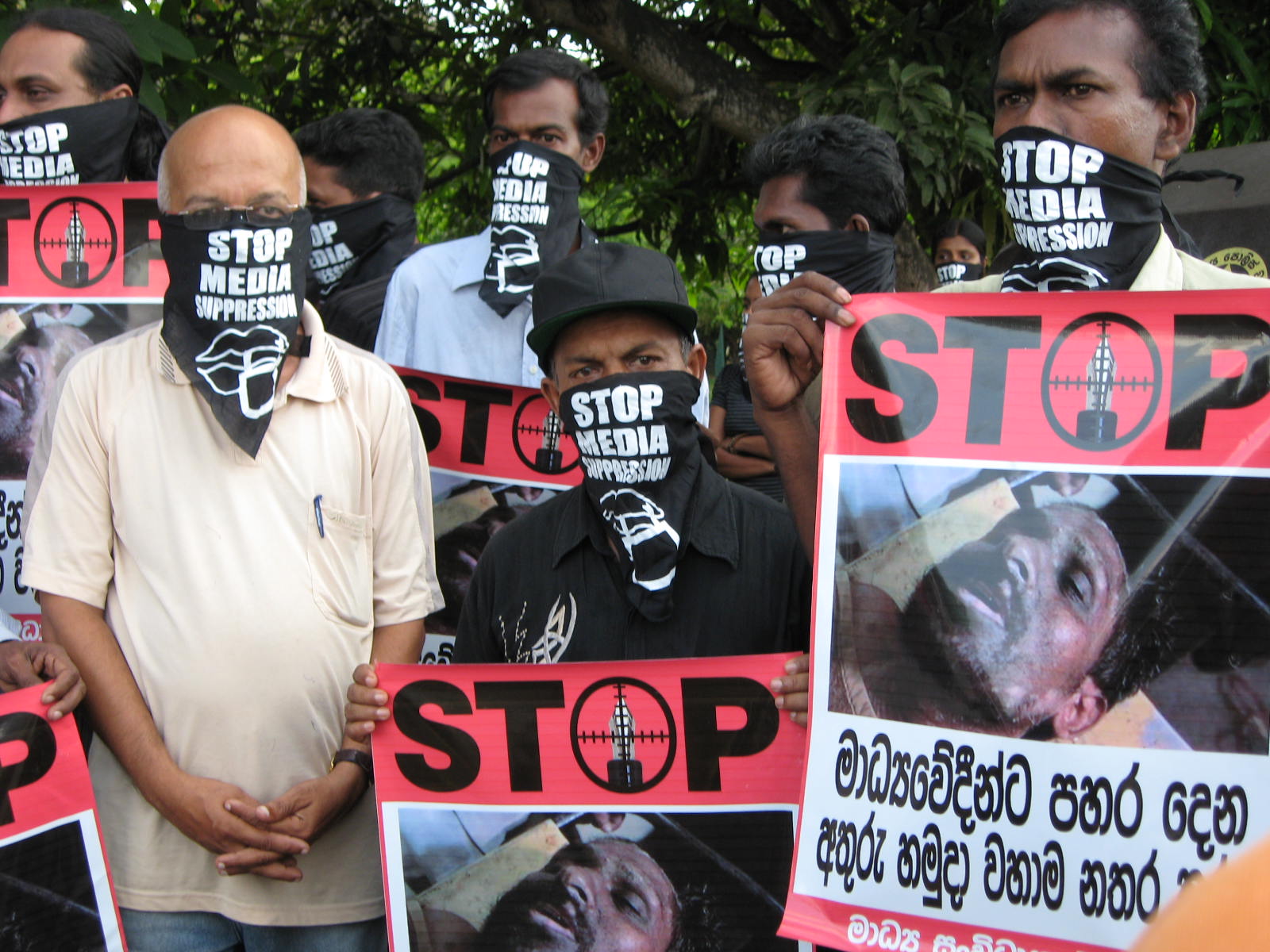Sathiveloo Marimuthu Pillai
For the past 30 years, Sathiveloo Marimuthu Pillai has been a priest in the Anglican Church of Ceylon and a human rights defender. He has been advocating for the rights of ethnic minorities, land rights, freedom of religion and speech, and basic human rights. He has also been advocating for the release of political prisoners.
Since the end of civil war in 2009, the harassment and intimidation of civil society and HRDs continues, with scores of people being held in custody without legal charges, indictment and trial for political, ethnic and religious reasons. Father Marimuthu has been calling for the repeal of the Prevention of Terrorism Act, a draconian law under which the prisoners are held; the release of all political prisoners within the stipulated governing laws; guarantee visits of family members. He has also been involved in rallies and protests to put pressure on the government.
Father Marimuthu has also been supporting workers from tea and rubber estate communities, who are marginalised and live as second-class citizens. He liaises with all stake-holders such as trade unions, political parties, religious entities and leaders at national and international levels, and mobilises local communities informing them about their rights.
Sri Lanka is the world's fourth largest producer of tea, one of the country's biggest foreign exports, but families working on tea estates are so poor that some are homeless. These people are almost all ethnic Tamils descended from those brought to Sri Lanka by the British in the 1820s to provide cheap labor on their tea estates. Around 52 percent of the tea plantation workers are women.

